Archaeologists map Roman city using ‘quad bike and radar’
New scanning system reveals ‘elaborate’ details of ancient settlement
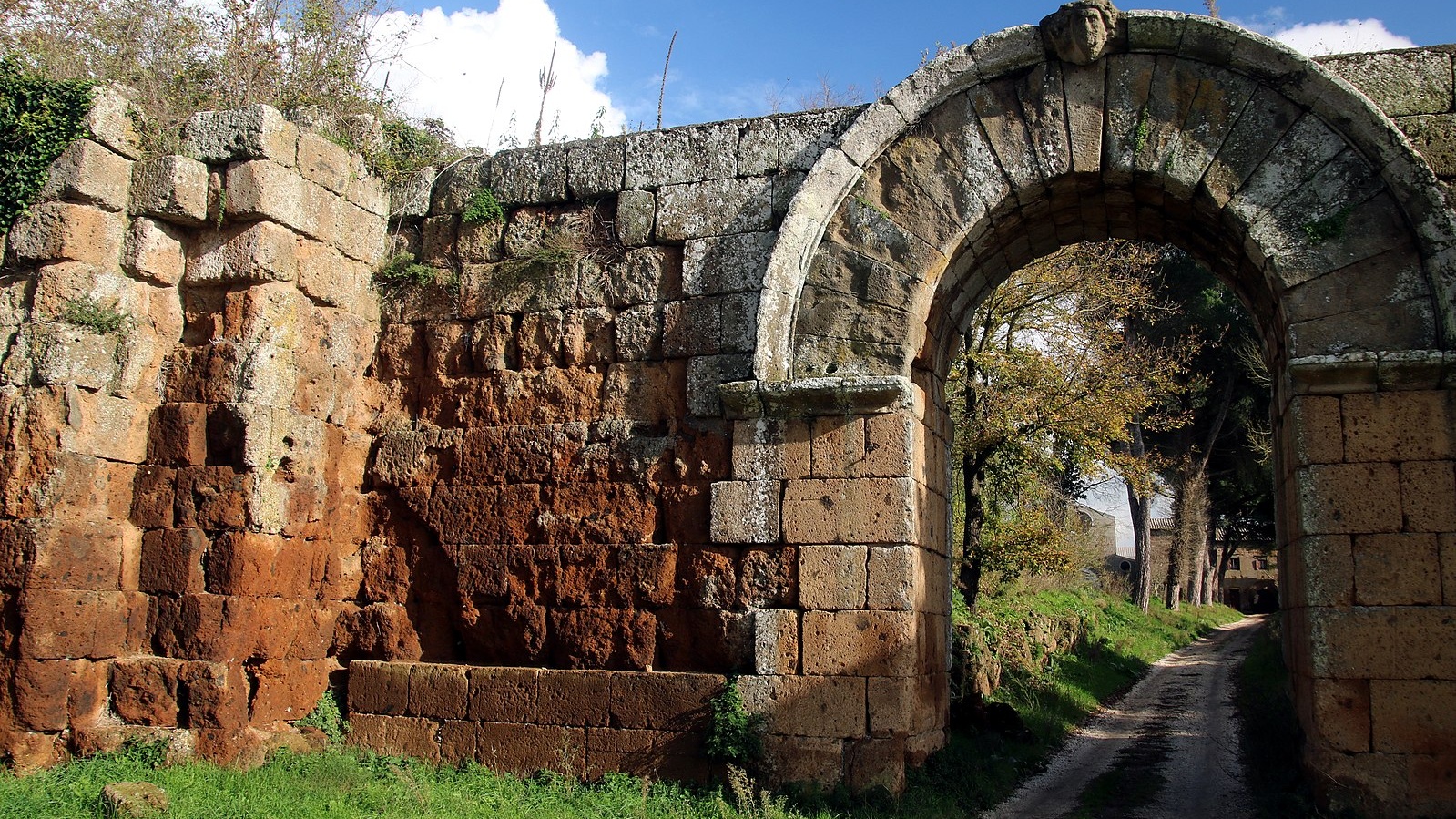
A free daily email with the biggest news stories of the day – and the best features from TheWeek.com
You are now subscribed
Your newsletter sign-up was successful
Archaeologists have mapped a complete Roman city using ground-penetrating radar and without any digging.
The new scanning system revealed highly detailed images of a bath house, theatre, shops and several temples in Falerii Novi, which stood 30 miles north of Rome from 241BC until around AD700, The Guardian says.
The ground penetrating radar (GPR) also revealed the walled city’s network of plumbing, including water-pipe layouts.
The Week
Escape your echo chamber. Get the facts behind the news, plus analysis from multiple perspectives.

Sign up for The Week's Free Newsletters
From our morning news briefing to a weekly Good News Newsletter, get the best of The Week delivered directly to your inbox.
From our morning news briefing to a weekly Good News Newsletter, get the best of The Week delivered directly to your inbox.
The archaeologists, from the universities of Cambridge and Ghent, in Belgium, “were even able to see how the town evolved”, by imaging the site at different depths, reports CNN.
GPR works by bouncing radio waves off objects, and using the “echo” to build up a picture of what lies beneath the ground, reports Sky News.
“Archaeologists believe it could revolutionise our understanding of ancient settlements, making it possible to explore larger areas in higher resolution, including those that cannot be excavated because they are trapped under modern structure,” the broadcaster says.
Using a quad bike, the researchers towed their GPR instruments over the area where Falerii Novi was believed to be buried while taking readings every 5ins (12.5cm).
A free daily email with the biggest news stories of the day – and the best features from TheWeek.com
They describe their findings in full in a newly published paper in the journal Antiquity.
“The astonishing level of detail which we have achieved at Falerii Novi, and the surprising features that has revealed, suggest that this type of survey could transform the way archaeologists investigate urban sites, as total entities,” said study co-author Martin Millett, a professor of classical archaeology at Cambridge.
“We still have so much to learn about Roman urban life and this technology should open up unprecedented opportunities for decades to come,” he added.
-
 Switzerland could vote to cap its population
Switzerland could vote to cap its populationUnder the Radar Swiss People’s Party proposes referendum on radical anti-immigration measure to limit residents to 10 million
-
 Political cartoons for February 15
Political cartoons for February 15Cartoons Sunday's political cartoons include political ventriloquism, Europe in the middle, and more
-
 The broken water companies failing England and Wales
The broken water companies failing England and WalesExplainer With rising bills, deteriorating river health and a lack of investment, regulators face an uphill battle to stabilise the industry
-
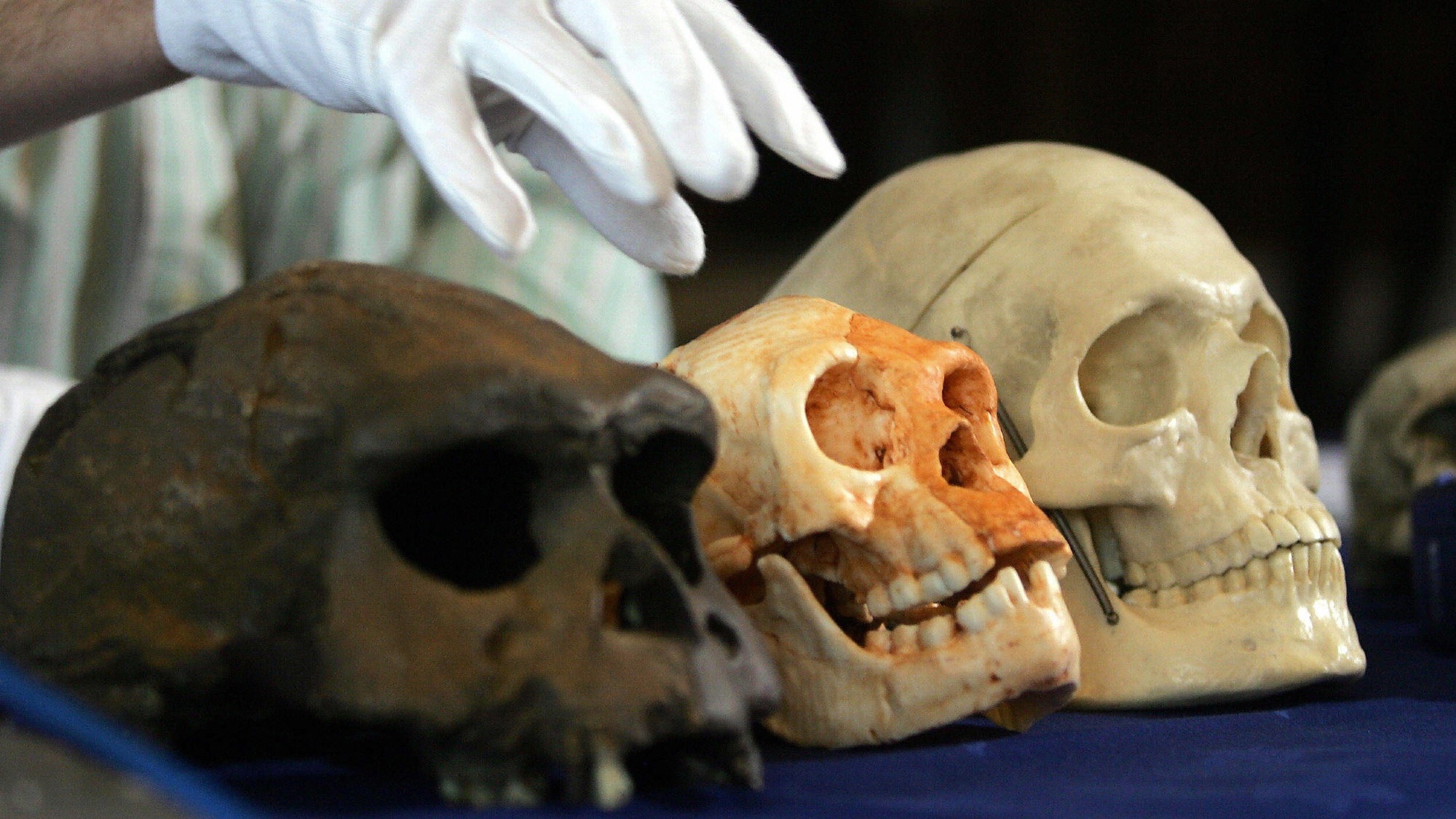 Homo floresiensis: Earth’s real-life ‘hobbits’
Homo floresiensis: Earth’s real-life ‘hobbits’Under the Radar New research suggests that ‘early human pioneers’ in Australia interbred with archaic species of hobbits at least 60,000 years ago
-
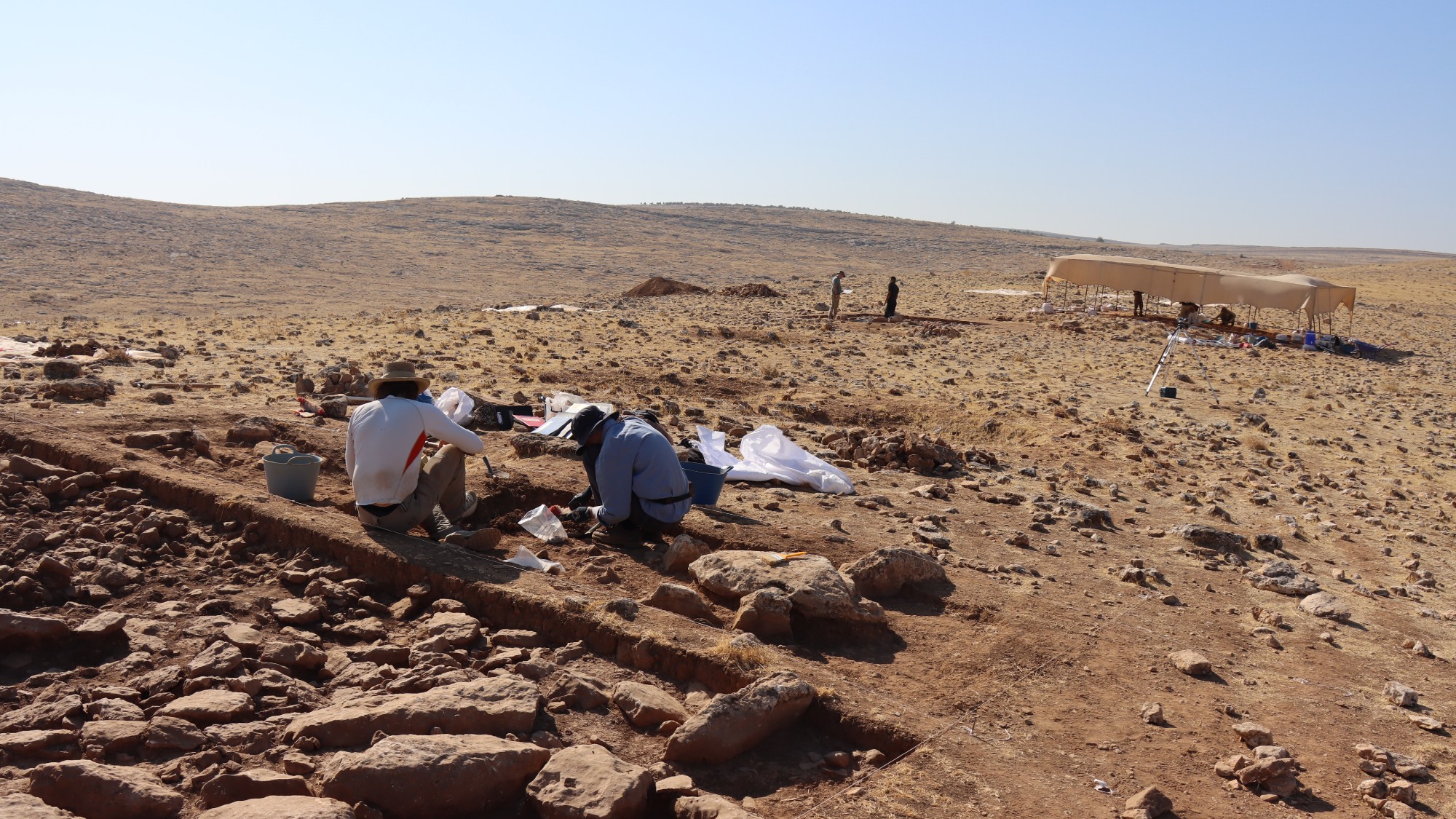 Mendik Tepe: the ancient site rewriting human history
Mendik Tepe: the ancient site rewriting human historyUnder The Radar Excavations of Neolithic site in Turkey suggest human settlements more than 12,000 years ago
-
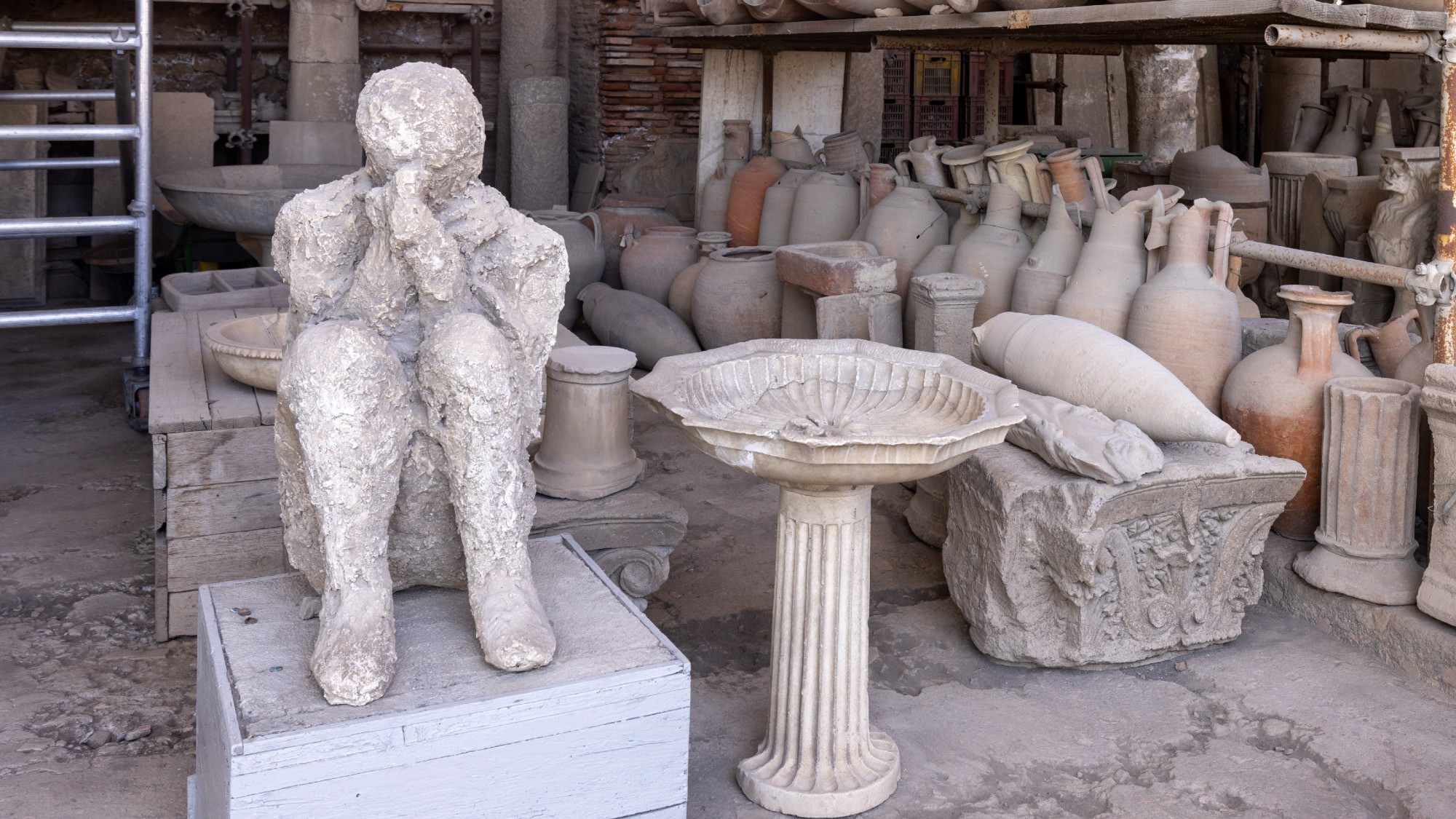 The seven strangest historical discoveries made in 2025
The seven strangest historical discoveries made in 2025The Explainer From prehistoric sunscreen to a brain that turned to glass, we've learned some surprising new facts about human history
-
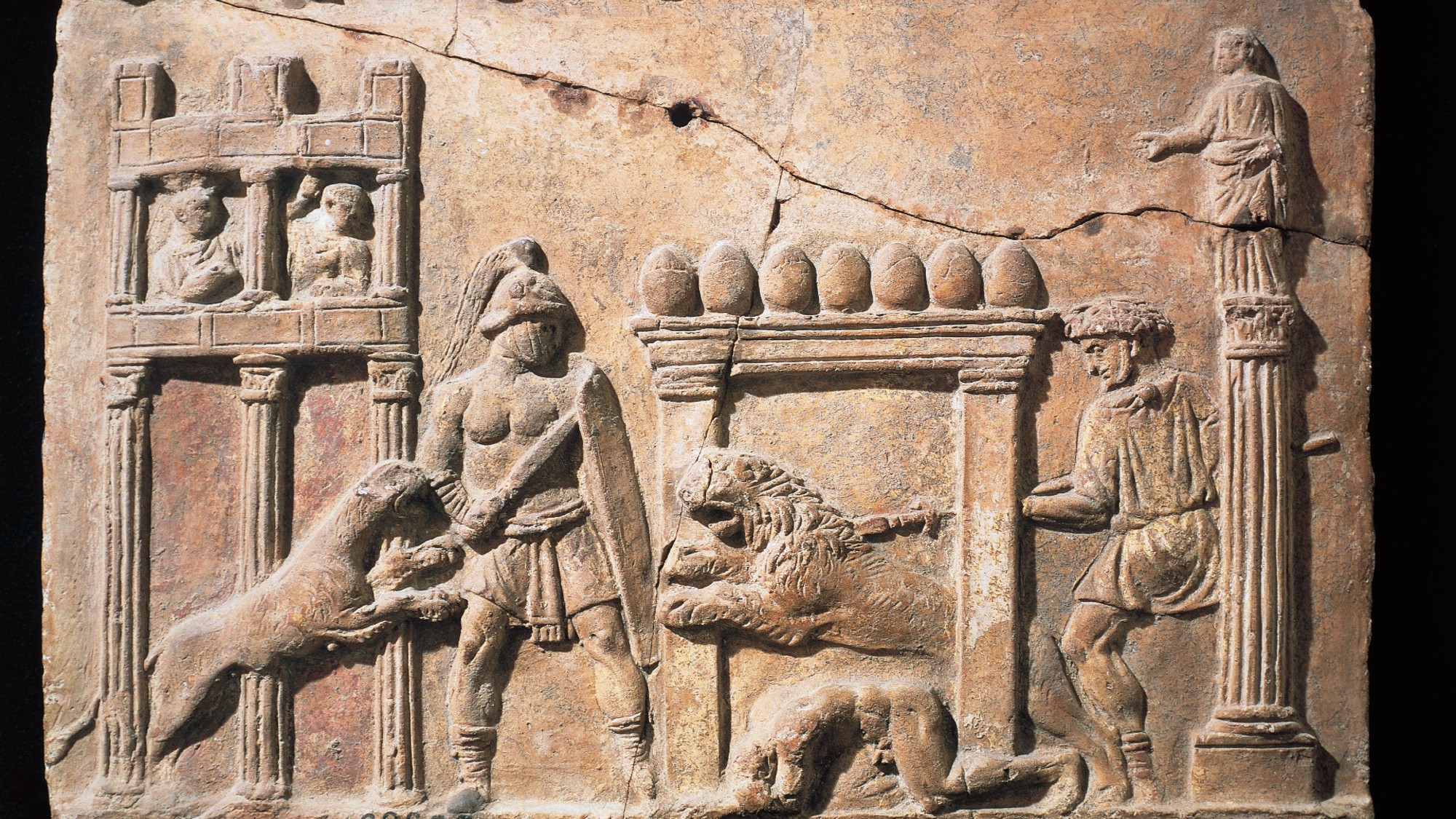 Scientists have found the first proof that ancient humans fought animals
Scientists have found the first proof that ancient humans fought animalsUnder the Radar A human skeleton definitively shows damage from a lion's bite
-
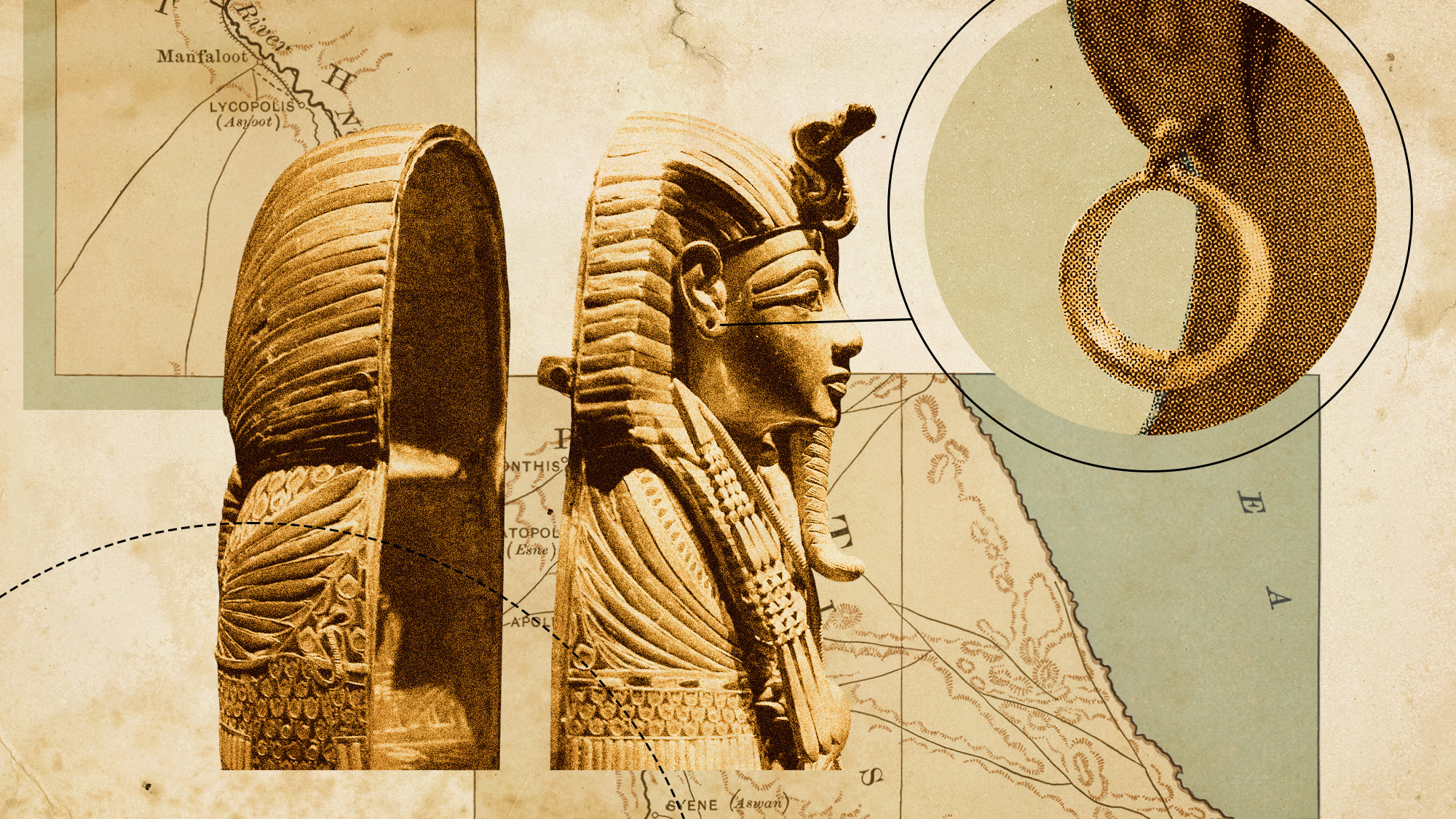 Tutankhamun: the mystery of the boy pharaoh's pierced ears
Tutankhamun: the mystery of the boy pharaoh's pierced earsUnder the Radar Researchers believe piercings suggest the iconic funerary mask may have been intended for a woman
-
 The discovery that sheds new light on the Knights Templar
The discovery that sheds new light on the Knights TemplarIn Depth Medieval tombs linked to the Holy Grail crusaders have been uncovered in a Staffordshire churchyard
-
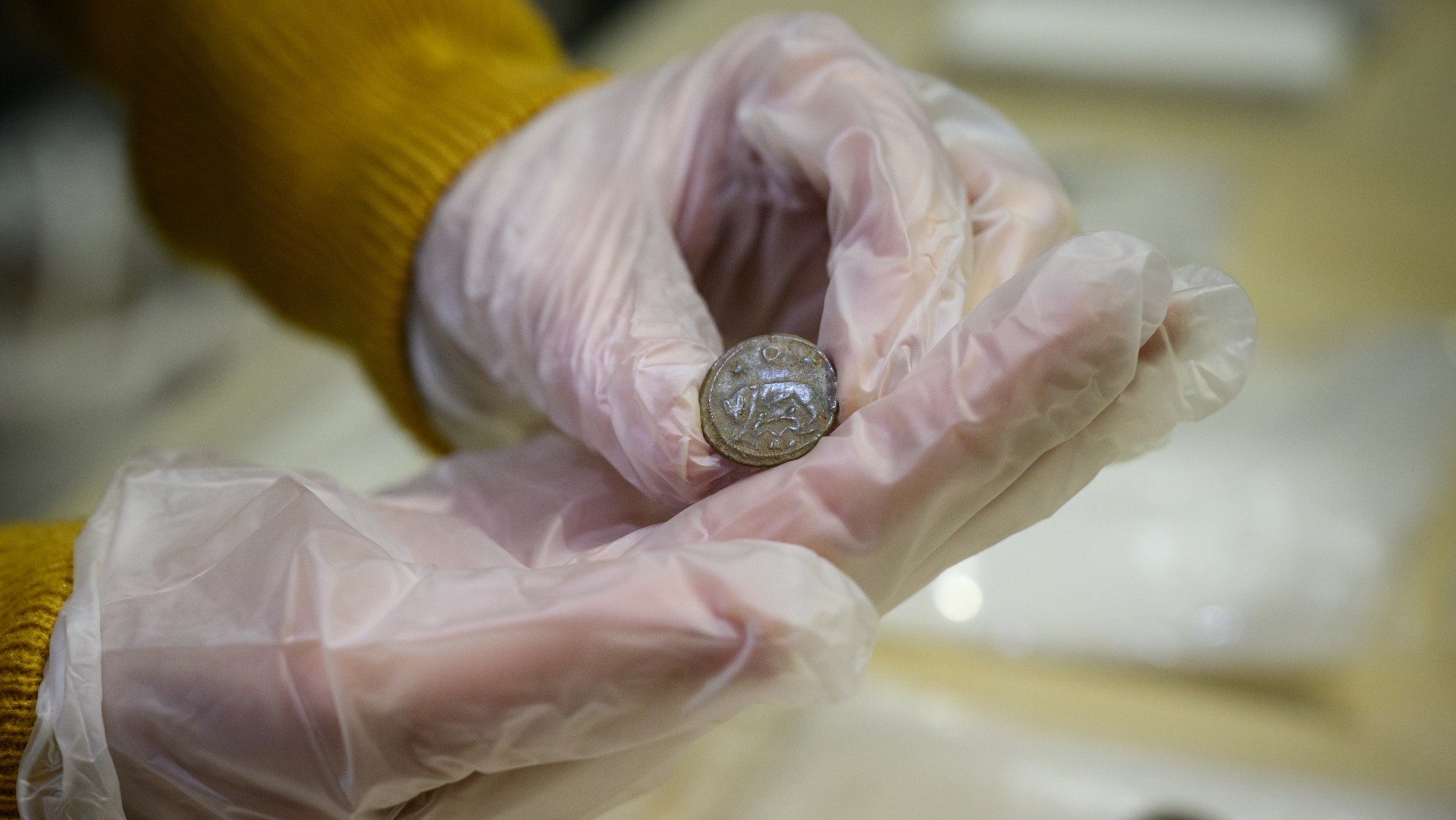 The mystery of Roman coins discovered on remote Baltic Sea island
The mystery of Roman coins discovered on remote Baltic Sea islandSpeed Read Archaeologists have found two silver denarii coins in area where ‘contact with Romans was limited’
-
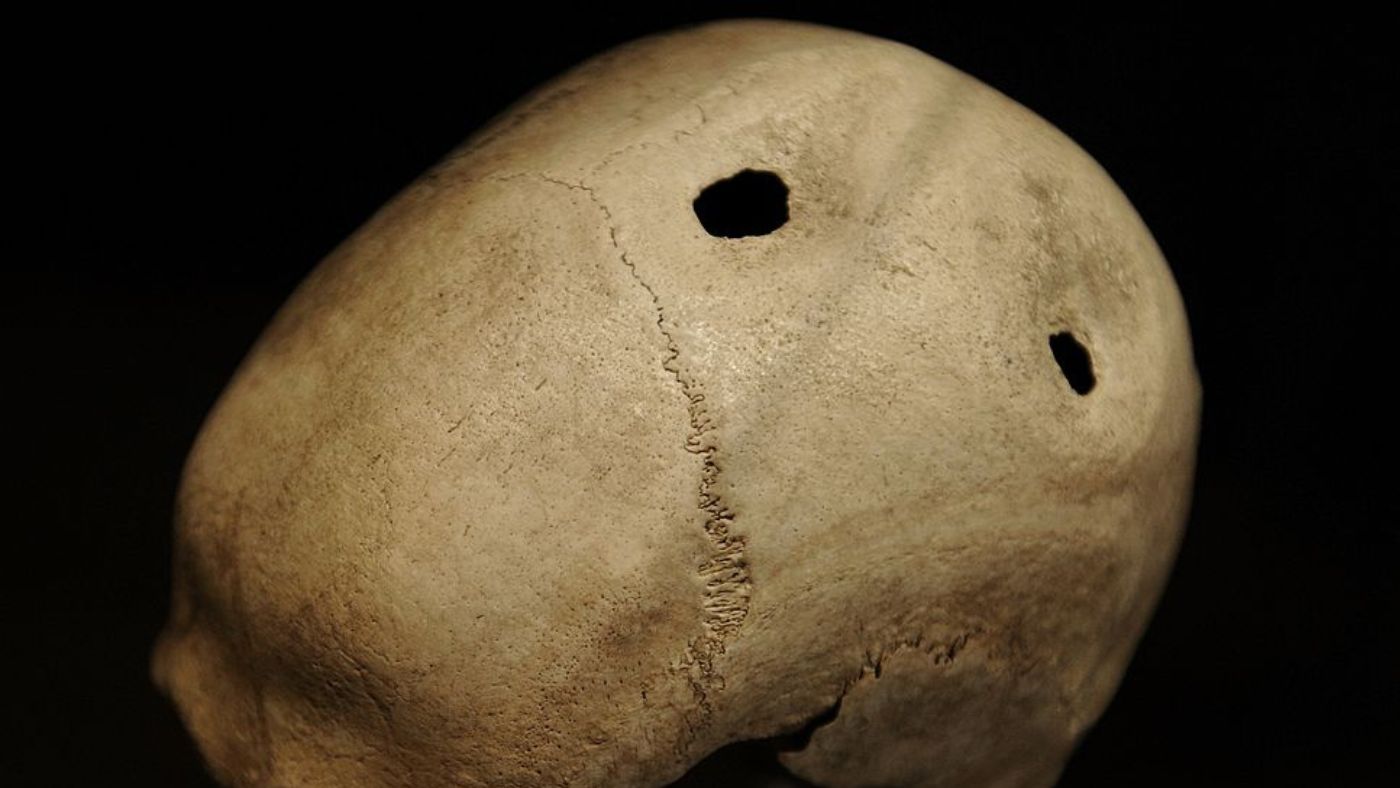 Rare brain surgery performed 3,500 years ago
Rare brain surgery performed 3,500 years agoSpeed Read Archaeologists discover punctured skull dating back to 1500BC below floor of Israel home